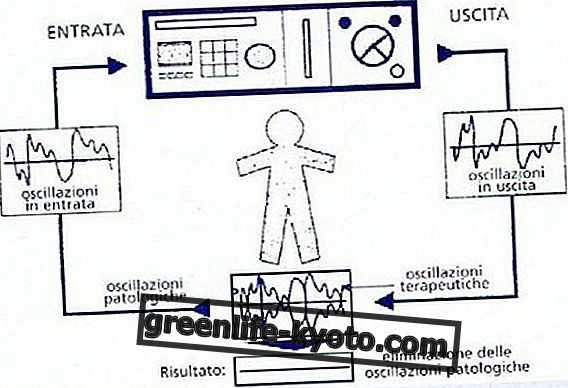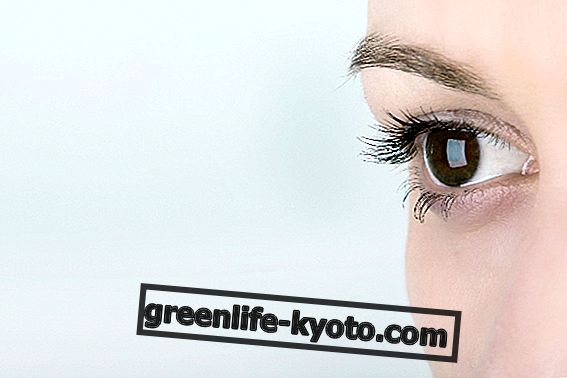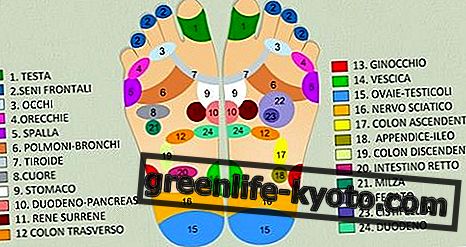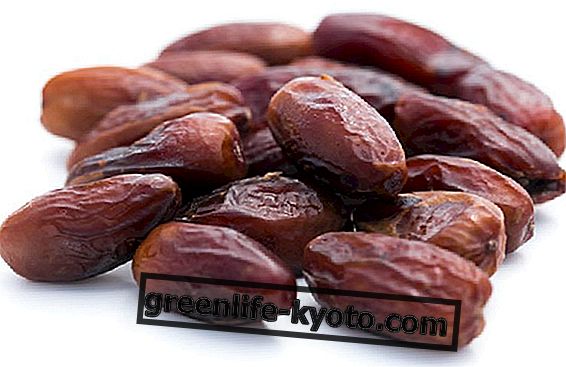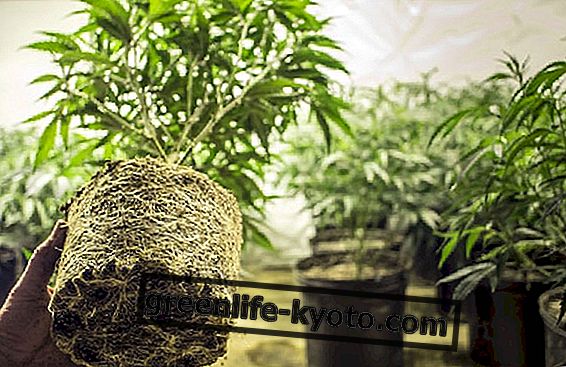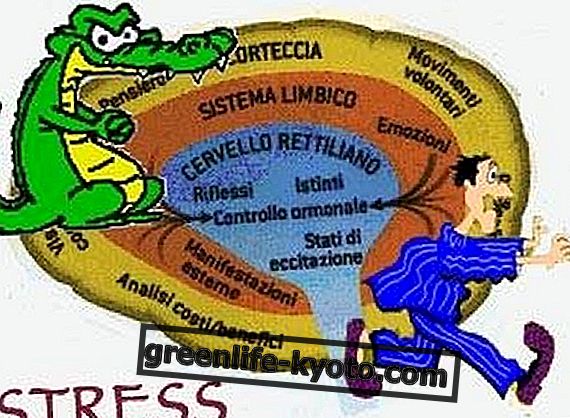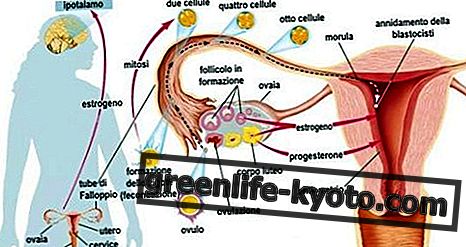
Uses of propolis and copper in agriculture
While millions of people in the world consume propolis every day to treat the most classic of seasonal ailments - from flu to sore throat -, within the European institutions for the protection of alimantare safety there is discussion, and it has now come to put a first point on the risk of harmful use of propolis as a fungicide and natural pesticide in agriculture.
At the end of November, EFSA (the European Food Safety Authority) drafted an assessment on the admissibility of including propolis derivatives as a basic substance for post-harvest treatments in fruits with inedible skin.
This resinous substance, rich in flavonoids, has long been accepted as one of the products allowed in organic farming, as an enhancer of the natural defenses of plants and as an anti-cryptogamic: it can be used in aqueous solution or in a water-alcohol solution, or mixed with the mother tincture of propolis, or in oleate; but it is also found in solutions added with sulfur, beeswax or sodium silicate.
Propolis in banana harvesting: yes or no?
In 2017, the French company Pollenergie, as reported by Agronotizie, applied to the Commission to obtain authorization for the use of a propolis derivative as a basic substance for post harvesting banana treatments.
In this case, the European Commission asked EFSA for an opinion which highlighted some critical issues:
> the classification of the product propolis as a skin sensitizer,
> the use of the precautionary principle with reference to bibliographical references on the possible action of endocrine disruptors .
Will the use of propolis in agriculture be eliminated? It is not said, as it will be the European Commission that will take the final decisions for the Member States .
Copper, plant protection product
Simultaneously, on another front we discuss plant protection in agriculture. At the end of 2018 an important deadline required a reflection on the use of copper in agriculture : used to combat fungal diseases of plants, like propolis, it presents high risks of phytotoxicity .
On November 27 last year, concurrently with Scopaff 27 (Standing Committee on Plants, Animals, Food and Feed) held in Brussels, the renewal of this authorization was approved for another seven years with new limits : if until then the use was allowed to the maximum extent of 6 kg / ha calculated on the average of three years, the European Commission has definitively established to lower the limit to 4 kg / ha, calculated over an average of 7 years.
To know more:
> "Outcome of the Consultation with Member States and Efsa on the Basic Substance Application for Propolis Extract for Adoption in Plant Protection as Fungicide and Bactericide". Efsa Supporting Publications 15, n. 11 (November 1, 2018): 1494E. //doi.org/10.2903/sp.Efsa.2018.EN-1494.
> Agenda of the Standing Committee on Plants, Animals, Food and Feed Section Phytopharmaceuticals - Legislation of 27 November 2018

